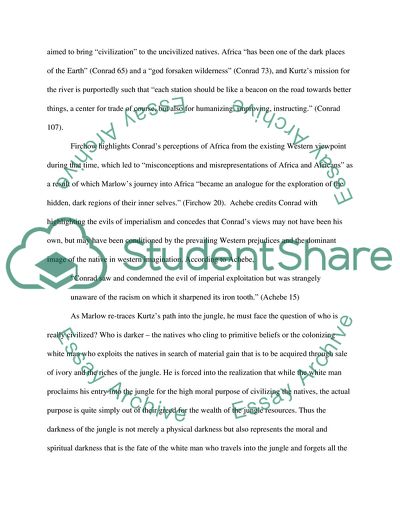Cite this document
(“Mans inner darkness the heart of darkness Essay”, n.d.)
Mans inner darkness the heart of darkness Essay. Retrieved from https://studentshare.org/literature/1538669-mans-inner-darkness-the-heart-of-darkness
Mans inner darkness the heart of darkness Essay. Retrieved from https://studentshare.org/literature/1538669-mans-inner-darkness-the-heart-of-darkness
(Mans Inner Darkness the Heart of Darkness Essay)
Mans Inner Darkness the Heart of Darkness Essay. https://studentshare.org/literature/1538669-mans-inner-darkness-the-heart-of-darkness.
Mans Inner Darkness the Heart of Darkness Essay. https://studentshare.org/literature/1538669-mans-inner-darkness-the-heart-of-darkness.
“Mans Inner Darkness the Heart of Darkness Essay”, n.d. https://studentshare.org/literature/1538669-mans-inner-darkness-the-heart-of-darkness.


